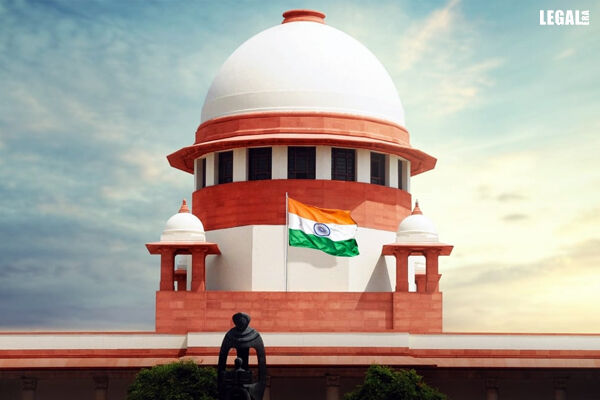
Supreme Court’s Definitive Stance On Volume-Based Discounts In Competition Law
Introduction
The Supreme Court of India affirms that volume-based discounts do not, by themselves, amount to discriminatory pricing under the Competition Act, 2002. The court’s decision upheld a 2014 ruling by the now-defunct Competition Appellate Tribunal (COMPAT).
Factual Background
Kapoor Glass, a manufacturer of glass ampoules and vials, alleged that Schott Glass, a dominant supplier of neutral borosilicate glass tubes, was engaging in discriminatory pricing by extending preferential discounts and commercial terms to its joint venture entity. The Competition Commission of India (CCI) found Schott Glass guilty of abusing its dominant position and imposed a fine of ₹5.66 crore.
Procedural Background
Schott Glass appealed the CCI’s decision to the COMPAT, which reversed the findings in 2014. The COMPAT held that volume-based discounts do not automatically qualify as discriminatory unless they are applied unequally to similarly situated buyers in comparable transactions. The CCI appealed the COMPAT’s decision to the Supreme Court.
Issues Involved
1. Discriminatory Pricing: Whether volume-based discounts amount to discriminatory pricing under the Competition Act, 2002.
2. Abuse of Dominant Position: Whether Schott Glass abused its dominant position by imposing unfair or discriminatory pricing.
Submissions of the Parties
CCI’s Contentions: The CCI argued that the defendant’s volume-based discounts were discriminatory and disadvantaged other downstream buyers in the market.
Plaintiff’s Contentions (Kapoor Glass): The plaintiff argued that the defendant’s refusal to supply was unjustified and amounted to an abuse of dominant position.
Defendant’s Contentions (Schott Glass): The defendant contended that its volume-based discounts were commercially justifiable and not exclusionary. The company argued that its joint venture partner accounted for over 30% of its total output, and no other buyer matched such volumes.
Reasoning and Analysis
The Supreme Court held that price discrimination requires differential treatment in equivalent transactions. Offering discounts based on the scale of purchase does not automatically imply unfairness or abuse. The court noted that the plaintiff had previously used counterfeit branding associated with the defendant, and therefore, the defendant was justified in refusing to supply.
Final Decision
The Supreme Court upheld the COMPAT’s decision, affirming that volume-based discounts do not, by themselves, amount to discriminatory pricing. The court imposed a cost of ₹5 lakh on Kapoor Glass for prolonged litigation.
Law Settled
This judgment clarifies that volume based discounts are allowed under competition law, provided they are applied equally to similarly situated buyers in comparable transactions. The court’s decision emphasizes the importance of considering commercial justifications and equivalent transactions when evaluating allegations of discriminatory pricing.
In this case the plaintiff, Kapoor Glass was represented by Mr. A N Haksar, Senior Advocate along with Mr. Saurabh Sinha, Ms. Chitra Y Parande, Mr. Gautam Prabhakar and Mr. Mrigank Prabhakar, Advocates.
The defendant, Schott Glass was represented by Mr. Percival Billimoria, Senior Advocate and Mr. Mahesh Agarwal, Advocate along with team AnantLaw led by Mr. Rahul Goel, Ms. Anu Monga, Mr. Rishi Agrawala, Mr. Ankur Saigal, Mr. Victor Das, Mr. Himanshu Saraswat, Mr. Yash Jain, Ms. Aditi Sharma, Ms. Kriti Khatri, Ms. Rachita Sood, Mr. Tushar Bathija and Mr. EC Agrawala, Advocates.